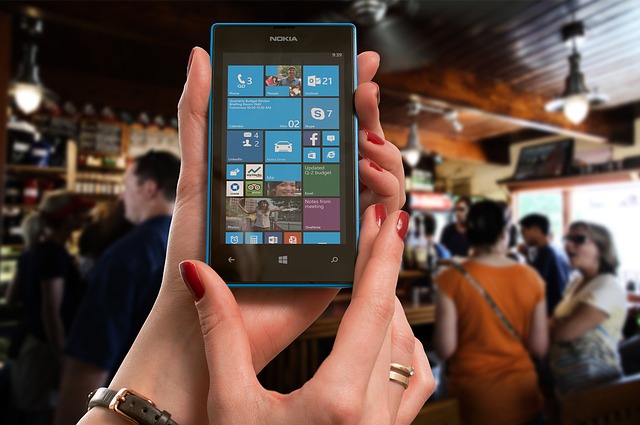Do I have a Digital Nationality?
Where are you from? What do you consider your nationality? For most of us it’s fairly straight forward – we are born, live and even die in a single country. For others it’s a little more complicated, born somewhere, grow up somewhere else – living a life spread among a variety of countries. Picking your nationality isn’t always as simple as looking at your passport.
This is further complicated now because of the way we live part of our lives in the internet ether, most of us have a digital identity too. You might think it doesn’t matter, after all when your online everyone is just an electronic presence at best a series of numbers making up your IP address. However here’s the issue, your internet address is part of your identity and seriously impacts what you can and can’t do online. Your digital nationality might not be something you’ve considered however nearly every web site and online service you use does consider this piece of information.
The simple fact is that a US citizen using the internet does have a different experience from a Mexican, a European or a Turkish web user. What you can do, what you can see will vary extensively simply based on that one piece of information – the location of your IP address. This is your digital nationality and if you don’t believe it, try visiting China and try surfing the internet – you’ll be amazed at the difference.
The global giants who are dominating online multimedia are a perfect example, Netflix for example provides an account which is usable in over 160 different countries. However it changes based on your location, in fact it varies hugely depending on your physical position. Unfortunately this means that in many countries, Netflix has nowhere near as many movies available compared to connecting from a US location for example. It’s so different that many people use software to spoof their location and access a different version, something that has led to this scenario – Netflix Blocking VPNs and Proxies.
Is this all fair? Should your online experience be affected your location. Your point of view will probably depend on where you are based – people in the US and Europe for example generally have a much better time online. Just for illustration, Turkish web users were blocked from Facebook and Twitter for several days last week as the Government decided to restrict access.
There is no doubt that your digital identity is something that we all now need to consider. To many people think that they are not linked to their online experience, that they can remain totally anonymous without any privacy tools in place. Every day millions of people download stolen digital goods like software and movies from torrent sites, thinking that they are safe and untraceable. The truth is that anonymous torrenting although possible is actually fairly difficult to achieve and it certainly needs some technical tweaking to hide both your identity and location.
The reality is tinged with an element of sadness that commercialization and the need for control is starting to take over the digital world. In the early days of the internet, your nationality and location was largely irrelevant – we were all just citizens of the world when online. Those days though are now long behind us and it is imperative that we realise that when we post those funny clips or visiting those controversial websites that these are being linked to our online, digital profiles.

Submit A Comment